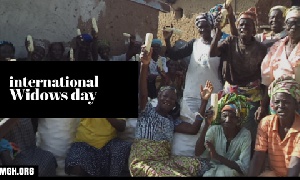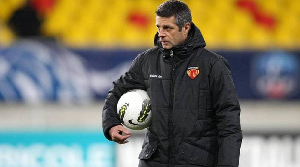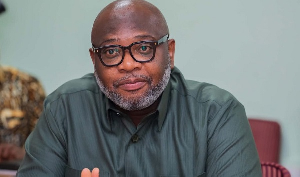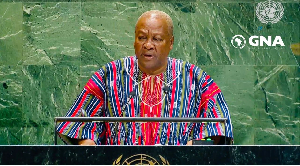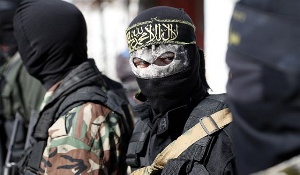Stakeholders at the celebration of this year’s International Widows Day held in Bolgatanga have called for the institution of workable laws to address injustices against widows.
They said widows play critical roles in the development of the society, however, they and their children continued to face numerous challenges, including human rights abuses, gender inequality and other obstacles impeding their development.
The International Widows Day, celebrated on June 23 each year is a United Nations (UN) ratified day of action to address the poverty and injustices faced by millions of widows and their children through awareness creation about the issues militating against them.
This year’s event, which is under the theme; “Inclusion of the invisible women and invisible problems to National Agenda through Community Youth Journalism”, was organized by the Widows and Orphans Movement (WOM), a Non-Governmental Organization (NGO) with funding from Action Aid Ghana, another NGO, which brought together widows from three regions namely the Upper East, Upper West and Northern Regions to jointly celebrate the occasion.
The Day was marked with a road float along the commercial streets of the Bolgatanga townships.
The widows carried placards some of which had inscriptions that portrayed the plight of widows and the need to assist them live dignified lives in society.
Cultural performances such as drama, singing and poetry recitals by some youth was used to portray the impact of how dehumanizing widowhood rites in some societies have affected development in the society.
Ms Abigail Fati Abdulai, the Executive Director of WOM, said issues against widows and their children remains hidden and called for strong commitment of stakeholders to ensure that the proper implementation of the government’s social intervention programmes were effectively executed.
“In as much as we applaud past and current governments and other stakeholders for efforts at ensuring widows and their children lived dignified lives, we are quick to add that the issues widows and their children face can no longer stay invisible if Ghana is to attain the Sustainable Development Goals (SDGs).”
“Policies such as the intestate succession law, the marriage Act, the Domestic Violence Act, the Livelihood Empowerment Against Poverty (LEAP) intervention and others have been enacted and passed to improve on the conditions of widows and their children, yet the commitment towards implementation needs more efforts,” the Executive Director said.
She called on government, traditional authorities and other relevant agencies to make land banks available to women to enable widows have access to land and ensure that rural women benefit from government flagship programme, “Planting for Food and Jobs”.
Ms Abdulai said “it is when the problems of widows are made visible, that we can find lasting solutions to them and it is based on this that WOM is working with the youth and the media to set the agenda of widows for all to discuss.
We ask for government’s total commitment to our issues raised, commit to decentralize and resource CHRAJ, DOVVSU, Legal Aid and the Social Welfare to make access to justice easier.”
Mr Rockson Ayine Bukari, the Upper East Regional Minister, who joined the widows to commemorate the Day, acknowledged the plight of widows and urged them to get enrolled onto the numerous social intervention programmes being implemented by the government to improve their standards of living.
Ms Sophia Akumey, the President of the Coalition of Media Against Harmful Widowhood Practices, said widowhood practices such as forcing the widow to drink a concoction, bathing her with hot and cold water, making her walk naked in public among others were dehumanizing and was against their fundamental human rights.
General News of Saturday, 23 June 2018
Source: ghananewsagency.org

